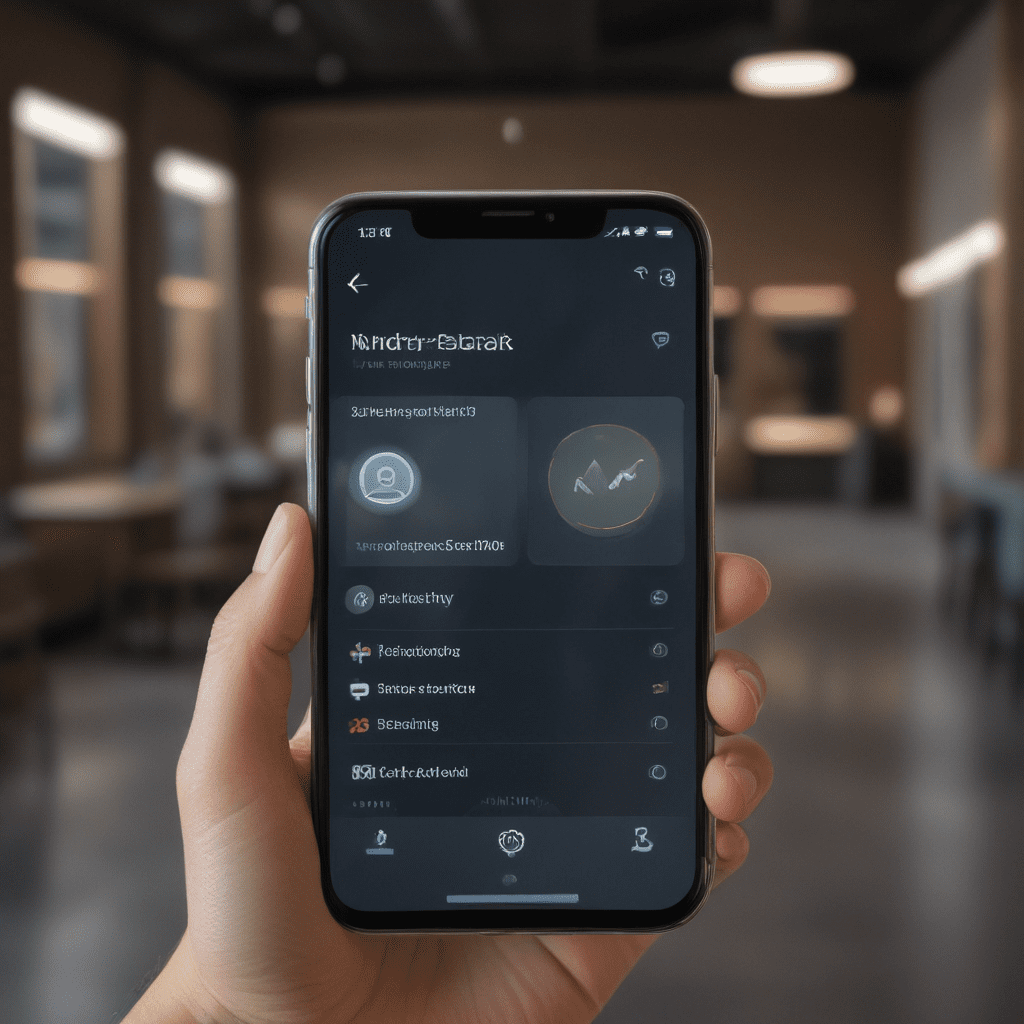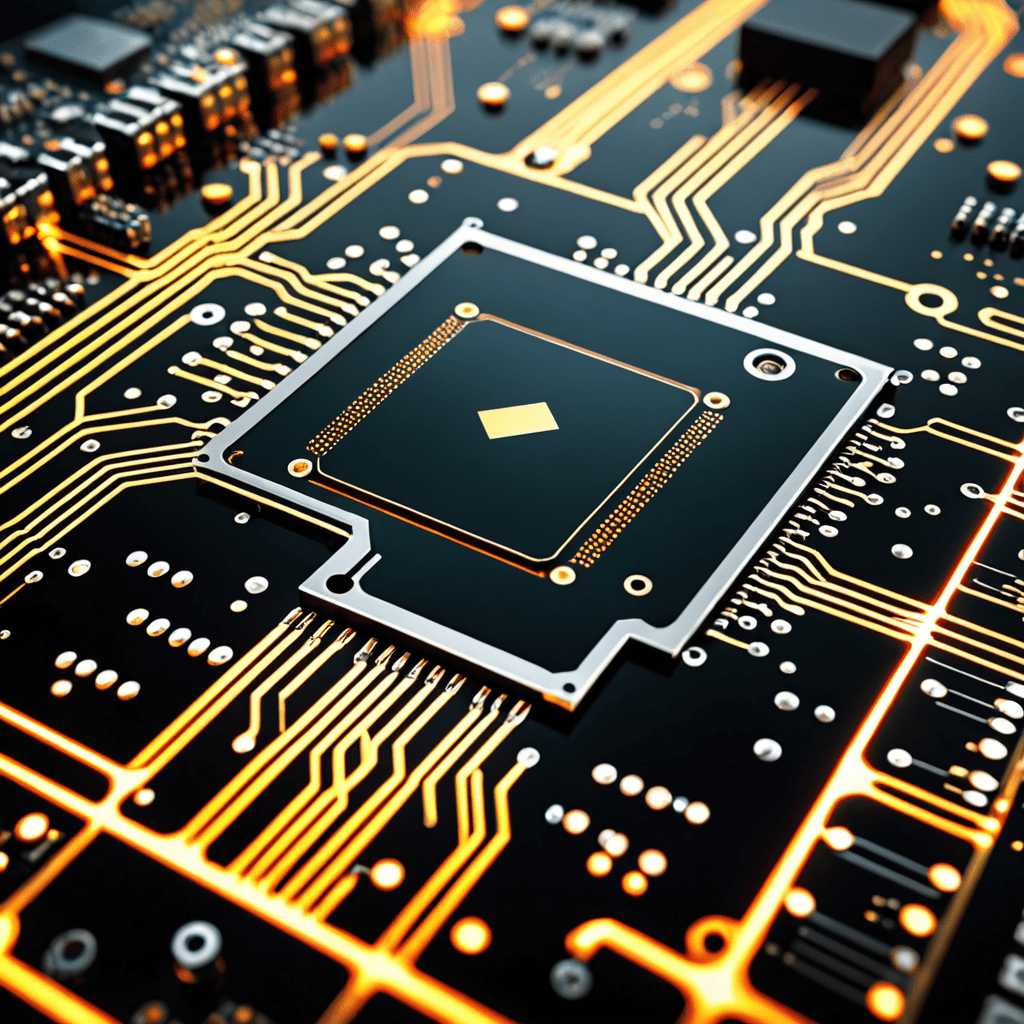The Impact of Advances in Medical Technology
Medical technology is rapidly advancing, bringing about remarkable transformations in healthcare. These advances not only facilitate the diagnosis and treatment of diseases, but also improve patient outcomes and revolutionize the healthcare industry. One significant result of these advancements is the increased accuracy and efficiency in medical procedures. In this blog post, we will explore this result in more detail and discuss its implications for patients and healthcare providers.
Improved Diagnosis and Precision
With the advent of cutting-edge medical technologies, healthcare professionals can now diagnose diseases more accurately and precisely. Advanced imaging techniques, such as magnetic resonance imaging (MRI) and computed tomography (CT) scans, provide detailed and high-resolution images of the human body, allowing doctors to identify abnormalities or pathologies with greater certainty.
Moreover, the introduction of genetic testing and personalized medicine has revolutionized the field of diagnostics. Genetic tests can detect specific genetic variations associated with certain diseases, enabling physicians to identify individuals at risk of developing genetic disorders at earlier stages. This early detection allows for the initiation of appropriate preventive measures or treatment plans before the disease progresses.
Minimally Invasive Surgeries
Advancements in medical technology have also led to the development of minimally invasive surgical techniques. Traditionally, many surgeries involved large incisions and extensive tissue damage. However, the introduction of laparoscopic and robotic-assisted surgeries has minimized the invasiveness of procedures.
In laparoscopic surgeries, small incisions are made, and a tiny camera, along with surgical instruments, is inserted to carry out the procedure. This approach reduces the risk of complications, minimizes scarring, and leads to a faster recovery for patients. Robotic-assisted surgeries take minimally invasive surgeries a step further by employing robotic arms controlled by the surgeon. These advanced surgical systems provide enhanced precision, stability, and flexibility, resulting in improved surgical outcomes.
Enhanced Treatment Options
Advances in medical technology have expanded treatment options for patients across various medical conditions. For instance, targeted therapies, specifically designed to act on specific molecular targets in diseased cells, have revolutionized cancer treatment. These therapies have shown remarkable efficacy and often lead to fewer side effects than conventional chemotherapy or radiation treatments.
In addition, medical advancements in pharmaceuticals, such as the development of biologics and gene therapies, have created new avenues for the treatment of genetic disorders and other complex diseases. Biologics are medicinal products produced using living organisms, and they have shown great potential in treating conditions like rheumatoid arthritis, Crohn’s disease, and various types of cancer. Gene therapies, on the other hand, aim to correct genetic abnormalities at the DNA level, offering potential cures for previously untreatable diseases.
Streamlined Healthcare Delivery
The integration of medical technology into healthcare systems has significantly streamlined the delivery of healthcare services. Electronic health records (EHRs) have replaced traditional paper records, allowing for more efficient sharing and access to patient information among healthcare providers. This seamless flow of data not only improves care coordination but also reduces the chances of medical errors and unnecessary delays.
Moreover, telemedicine has emerged as a vital aspect of modern healthcare delivery. Through telecommunication technologies, patients can now access medical consultations, follow-up visits, and even receive remote monitoring and preventive care from the comfort of their homes. This convenience not only saves time and travel costs but also enables healthcare providers to reach underserved populations, improving overall healthcare access.
Improved Patient Care and Outcomes
Advances in medical technology have undeniably improved patient care and outcomes. With better diagnostic tools, treatment options, and streamlined healthcare delivery, patients are receiving more accurate diagnoses, tailored treatments, and increased accessibility to medical services. Consequently, this results in improved patient satisfaction, shorter hospital stays, reduced complications, and better overall health outcomes.
Furthermore, medical technology has also empowered patients to take a more active role in managing their health. Wearable devices, such as fitness trackers and smartwatches, monitor vital signs, activity levels, and sleep patterns, allowing individuals to track their health and make proactive lifestyle choices. This self-monitoring helps prevent potential health issues and encourages individuals to maintain a healthy lifestyle.
Frequently Asked Questions (FAQ)
Q: Are all medical advancements costly?
A: While some medical advancements may initially come with higher costs, their long-term benefits often outweigh the expenses. Additionally, as technologies become more widespread and accessible, their costs tend to decrease.
Q: Can medical technology fully replace healthcare professionals?
A: Medical technology complements the expertise and skills of healthcare professionals but cannot fully replace them. Human interaction, empathy, and clinical judgment are essential components of healthcare that technology cannot replicate.
Q: Is medical technology equally accessible to all populations?
A: Access to medical technology can vary depending on factors such as geographical location, economic status, and infrastructure. Efforts are being made to bridge the gap and provide equitable access to medical technology for all populations.
Q: What are the ethical considerations surrounding medical technology?
A: Ethical considerations include privacy concerns associated with the use of electronic health records, data security, and ensuring equitable access to medical technologies without exacerbating existing health disparities.
Q: How do advances in medical technology contribute to research and development?
A: Medical technology plays a vital role in research and development, enabling scientists and researchers to study diseases, develop new treatments, and conduct clinical trials more efficiently.
Q: Can advances in medical technology lead to job losses in the healthcare sector?
A: While some job roles may evolve or become obsolete due to technological advancements, new roles and opportunities emerge, requiring expertise in utilizing and managing medical technologies. Overall, medical technology complements healthcare professionals rather than replacing them, leading to a redeployment of skills rather than job losses.
In conclusion, advances in medical technology bring a multitude of benefits to the healthcare industry. From improved diagnostics and precision to minimally invasive surgeries, enhanced treatment options, streamlined healthcare delivery, and improved patient care and outcomes – the impact is undeniable. As medical technology continues to evolve, it holds the potential to revolutionize healthcare and transform the lives of patients worldwide.



